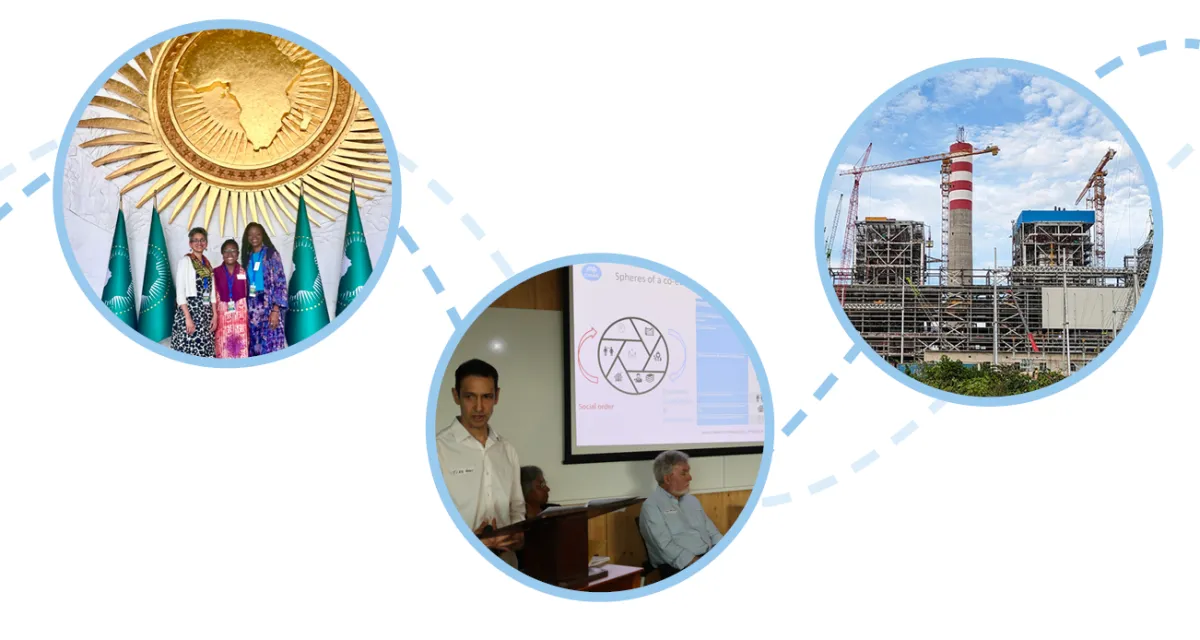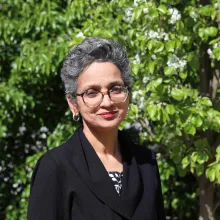
Evidence, expertise and public policy
About
The key challenges of society are becoming increasingly complex. Whether they are addressing environmental, social or economic issues, governments, the legal system and other actors require accessible, timely and appropriate knowledge to support effective decision-making. But communication between producers of knowledge and those charged with making decisions is not always straightforward.
This research theme explores the production, circulation and reception of evidence and expertise in complex and contested policy, political and legal environments. It examines the organisational processes through which expert insights are requested, produced and communicated, the justifications made for the choice of different forms of evidence over others, and some of the communicative struggles and innovations for bringing together the diverse range of knowledge needed to inform decisions.
Our work has an empirical focus on a range of science-policy interfaces, from local and national governments through to global multilateral processes, such as the Intergovernmental Panel on Climate Change (IPCC) and the Intergovernmental science-policy Platform on Biodiversity and Ecosystem Services (IPBES). It explores the different requirements, expectations, cultures and institutions that shape relationships between evidence, policy and practice to addresses a range of concrete decision-making issues (see also Science communication for human and planetary health).

Some areas of research interest include, but are not limited to:
- How do governments, regulators and legal practitioners access and use research evidence and expertise?
- How do the trusted sources of expertise differ across issues and contexts?
- What are the influences of politics, policy, regulation and the law on science, and vice versa?
- How do different value systems, social norms, goals and expectations shape the production, dissemination and interpretation of science for decision-making?
- What innovations can help foster more reciprocal sharing of knowledge between academia, government and industry?
- How does activism and advocacy draw on evidence and impact policy?
- How do science-policy and science-law systems learn from successes and failures?





